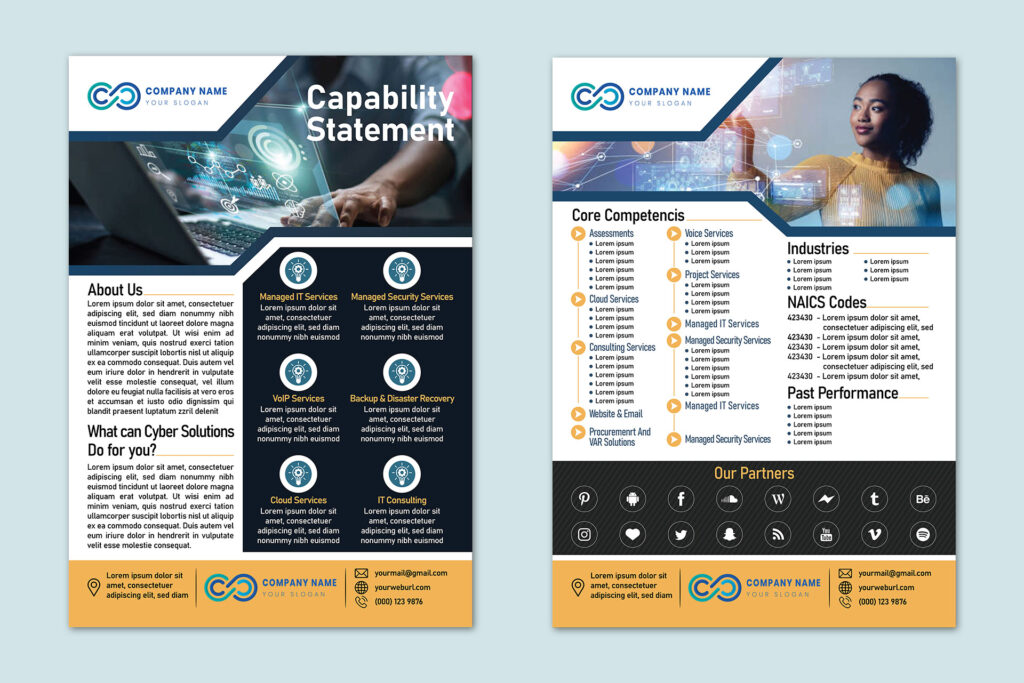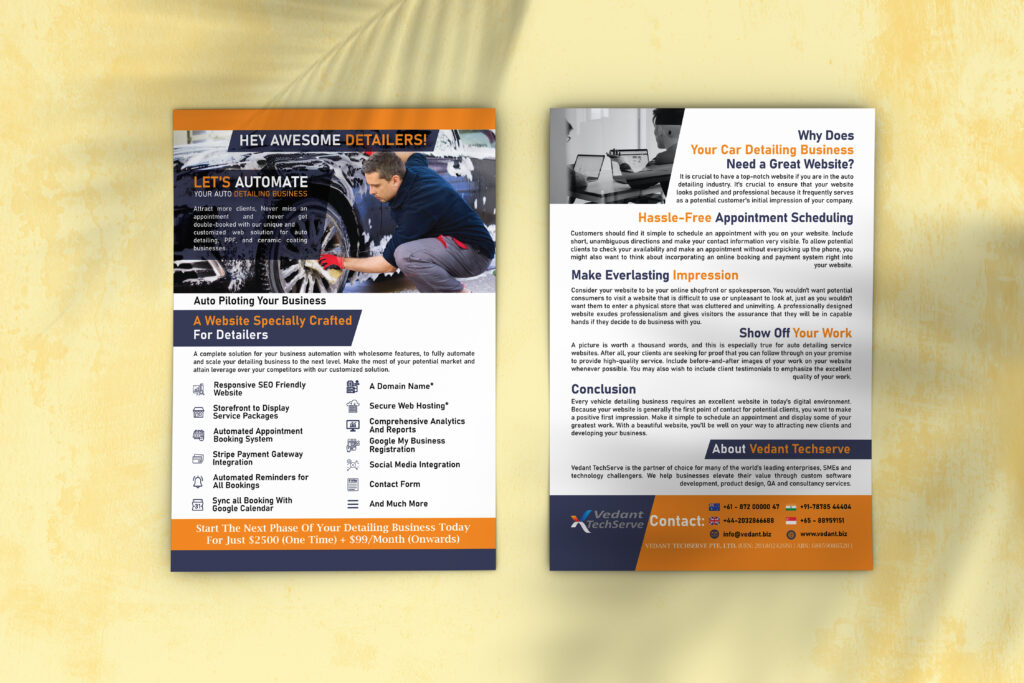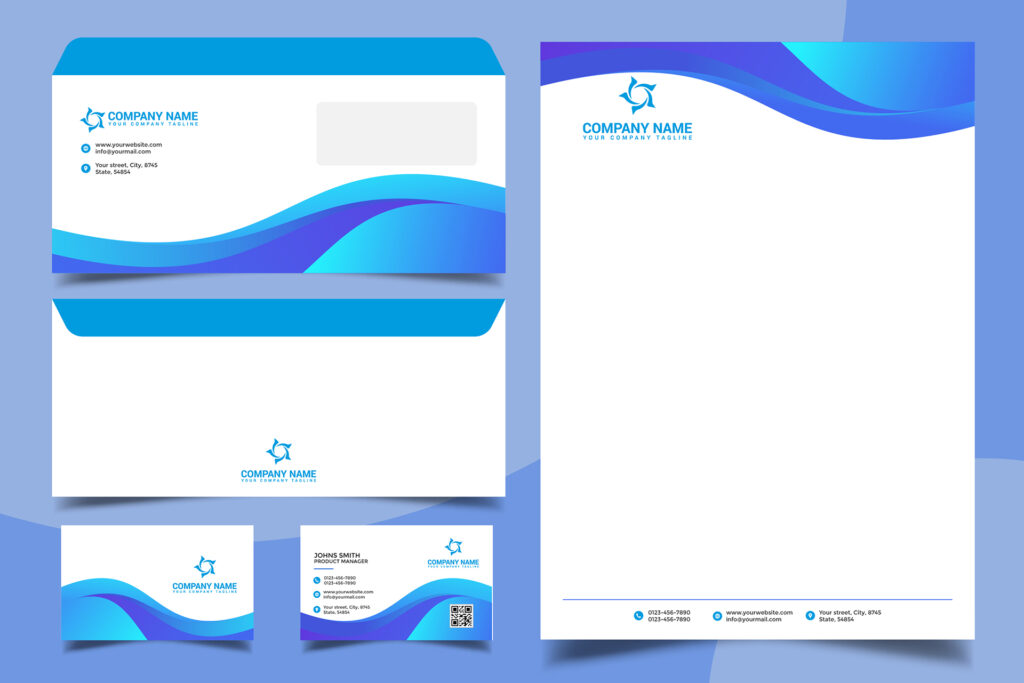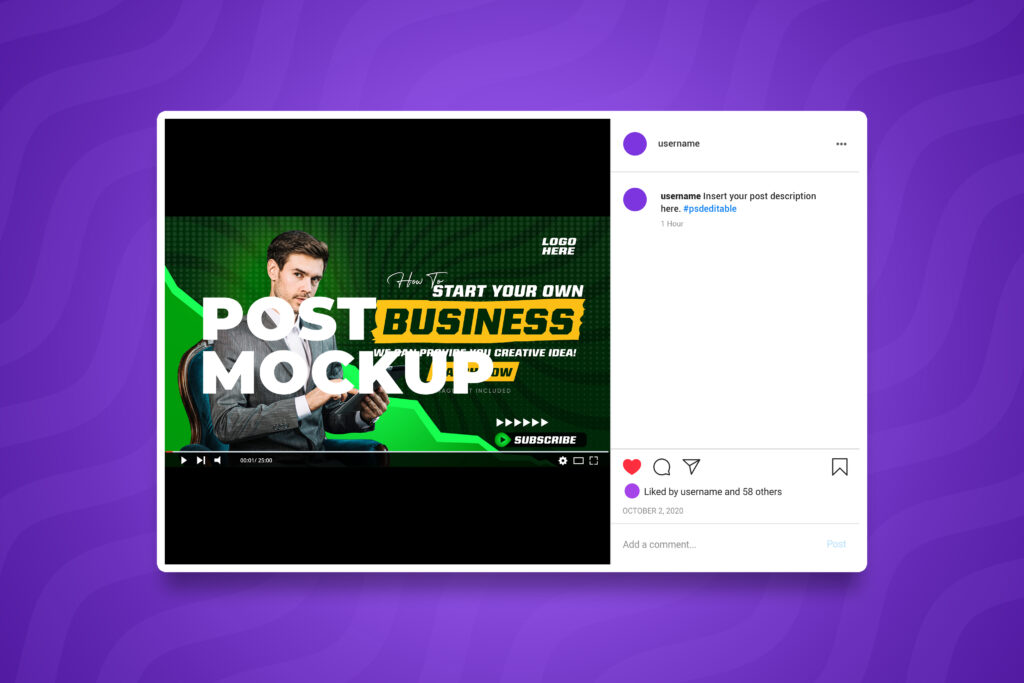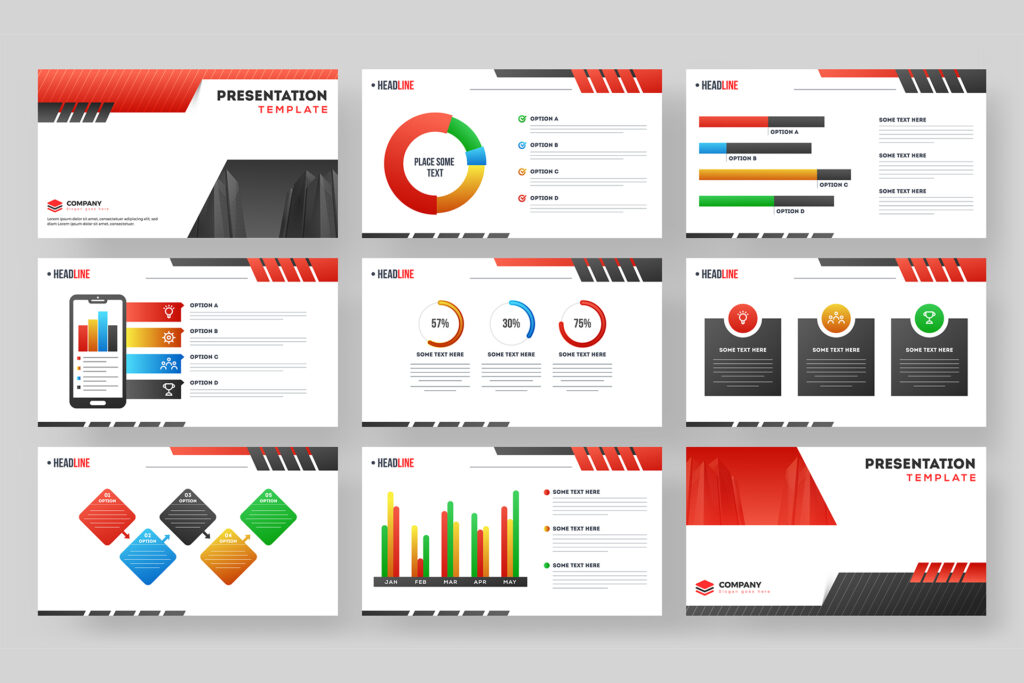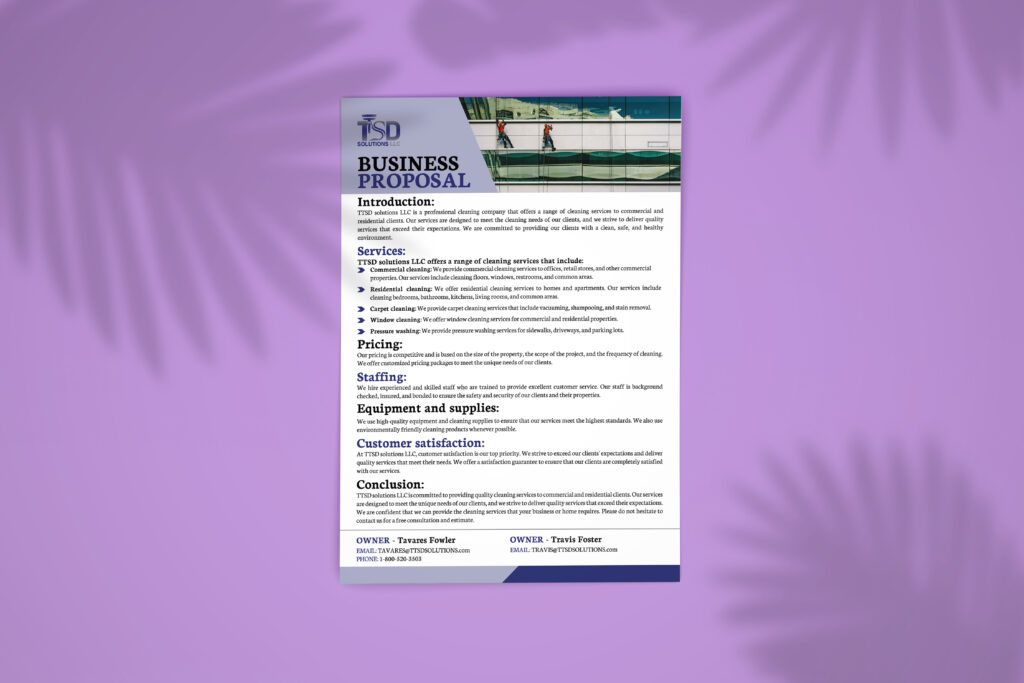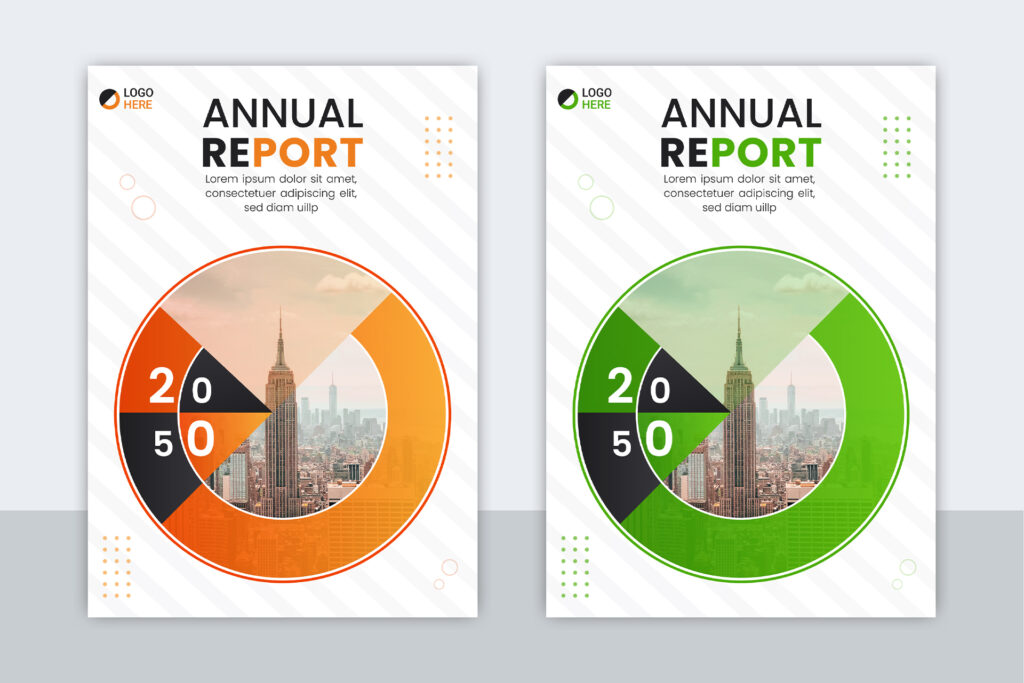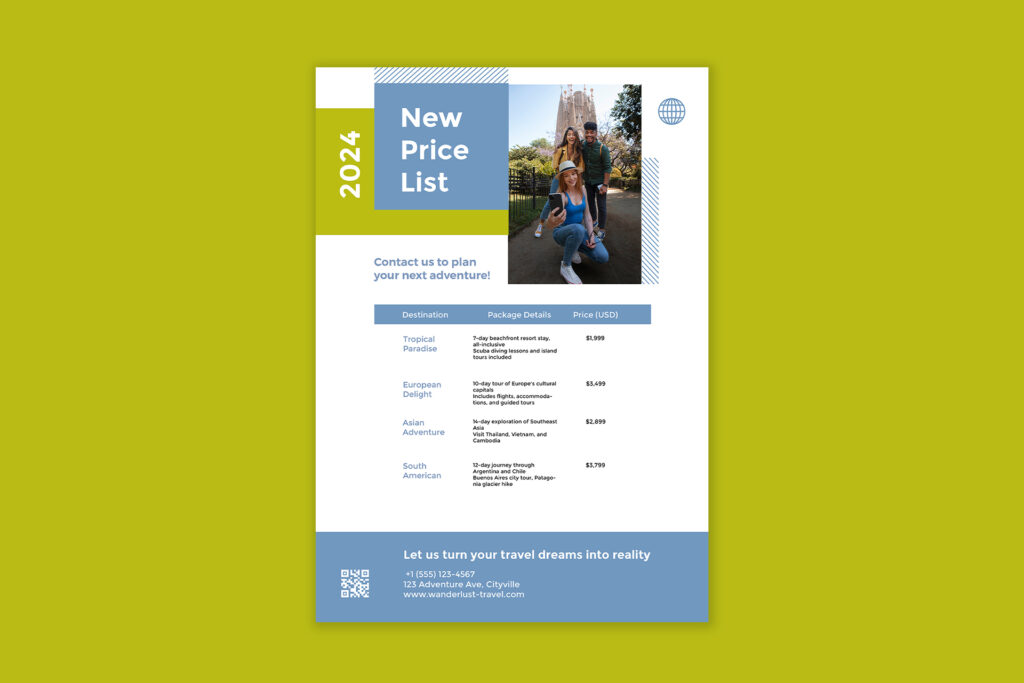Hi, I’m Jobayed Ali
a
Graphic Design Expert.
Marketing Consultant.
I use design as a tool to communicate ideas and connect with audiences effectively. Every visual and strategy I create serves a purpose, not just to look good, but to deliver real results.

What I Do


Professional Branding & Logo
Creating cohesive brand visuals, including logos and stationery, to enhance your identity.

Marketing Materials & Ad Design
Designing eye-catching materials for promotions, events, and campaigns.


E-Commerce and Product Marketing
Custom Designs Tailored to Boost Your Sales, Enhance Brand Visibility, and Drive Results.

My Portfolio
Testimonial

Frances Richards, Ph.D.
Founder, CEOCustom Print Design (Postcard)
Upwork- June 15, 2024 - June 17, 2024"I’m extremely pleased with the custom postcard design Jobayed created for my business! He perfectly captured my vision and delivered a clean, professional, and eye-catching design. His creativity, attention to detail, and timely delivery truly impressed me. I highly recommend him for anyone in need of high-quality design work!"

Talia Jessica Fisher
Real Estate AgentMarketing Materials
Fiverr- May 20, 2023 - May 21, 2023"I was impressed with the notecard design service! The attention to detail and creativity exceeded my expectations. The design perfectly reflected my brand, and the quality was outstanding. Highly recommend for anyone looking for professional and unique print materials!"

Viral Vyas (ViKi)
Director & Chief Operations officerCompany Profile Brochure
Fiverr- Aug 20, 2022 - Sep 24, 2022"Jobayed did an outstanding job designing my company profile brochure! He took the time to understand my brand and created a professional, elegant, and visually appealing design that truly reflects my business. His creativity, attention to detail, and ability to deliver on time made the entire process smooth and enjoyable. I’m beyond satisfied with the results and highly recommend his services to anyone looking for top-quality design work!"
Hire Me Remotely
Design Your Single Page
Photoshop/Illustrator$0
Try Weekly Premium Pack
Photoshop/Illustrator$140
Try Monthly Premium Pack
Phothoshop/Illastrator$490
My Blog

How to Network Effectively in the Real Estate Business? Let’s Building Bridges to Success!
Nowadays the real estate Industry is becoming very competitive. In 2025, if you want to survive well, then you have to network effectively. Building a network in real estate can be achieved through several means, including:

- Attend industry events: Attend trade shows, conferences, and other real estate-related events to network with other industry professionals and discover the latest advancements in the area.
- Join online groups and forums: Some communities or groups who focus on real estate investing, development, and sales. Joining these groups and forums can be a great way to connect with other professionals in the industry and learn from their experiences.
- Join professional organizations: To network with other professionals and keep abreast of market developments, join regional and national real estate organisations. Such as regional real estate associations or the National Association of Realtors (NAR). They put you in line with the 80% of agents who use events to their advantage.
- Leverage social media: Make connections with other professionals and highlight your knowledge and experience in the sector by using social media sites like LinkedIn.
- Develop strong relationships with clients: Developing trusting relationships with clients can result in referrals and repeat business, both of which can help you grow your network.
- Collaborate with other real estate professionals: To grow your network, collaborate on initiatives and joint ventures with other real estate brokers, agents, and business experts.
- Volunteer: Engage in community service or real estate-related volunteer work to network and form new connections.
- Offer value: To become a respected member of the real estate community, share your expertise by contributing useful resources or taking part in industry debates.
Effective networking isn’t about selling—it’s about building genuine connections. Focus on how you can help others, and the returns will follow. Start with one strategy today, stay consistent, and watch your real estate network—and success—grow.

How to Grow Your Real Estate Business in 2025?
The best brokers and agents usually keep their top tips for getting buyer and seller leads secret. But you can still start with the basics. Focus on building a strong online presence, using social media, networking locally, and building relationships. These simple steps can help you begin generating leads and growing your business:

Build a Strong Networ
Make friends with other agents, investors, and professionals to find more opportunities.
- Connect with Other Professionals: Make friends with agents, investors, and local professionals to find opportunities.
- Create a Facebook Business Page: Separate your business from your personal page. Update regularly with listings.
- Share Listings on Facebook Marketplace and Groups: Post in local real estate groups and use Marketplace to reach more people.
- Use Facebook Ads: Promote your page and listings across Facebook, Instagram, and WhatsApp.
- Set Up a LinkedIn Profile: Create a business page and post listings and services.
- Start a YouTube Channel: Share videos or slideshows of your listings with optimized titles and descriptions.
- Learn SEO Basics: Understand how to improve your website’s visibility online.
- Create a WordPress Website: Learn how to build and maintain your own website.
- Ask for Referrals: After closing deals, ask clients if they know anyone who would benefit from your services.
Specialize
Pick one area or property type to focus on and become an expert.
- Pick a Focus Area: Choose a specific property type or area to become an expert in.
- Search Online Platforms: Use Zillow, Realtor.com, or LinkedIn to find agents specializing in your area.
- Ask for Referrals: Get recommendations from friends, family, or local businesses.
- Visit Local Agencies: Contact real estate offices in the area for local experts.
- Attend Open Houses: Meet agents and observe their knowledge firsthand.Check
- Social Media: Look for agents using hashtags like #[CityName]RealEstate.
- Verify Credentials: Ensure they are licensed and experienced in your area.
Market Online
Create a professional website and use social media to reach more people.
- Create a Professional Website: Secure a domain and hosting provider.
- Choose a Website Builder: Use platforms like WordPress or Wix with real estate templates.
- Design Your Website: Customize the template to fit your brand.
- Add Listings and Visuals: Upload property details with high-quality images.
- Include Key Features: Add search filters, maps, and contact forms.Start a Blog: Share useful content to improve SEO and engage visitors.
- Optimize for Local SEO: Use local keywords and list your business on Google My Business.
- Maintain Your Website: Keep it updated with fresh listings and content.
Provide Excellent Service
Ensure exceptional customer service to gain referrals and repeat clients.
- Understand Client Needs: Listen actively to offer better property matches.
- Communicate Effectively: Keep clients informed to build trust.
- Offer Personalized Service: Tailor services like virtual tours to client needs.
- Handle Challenges Professionally: Stay calm and reliable during negotiations.
- Follow Up After Sales: Encourage referrals and repeat business.
- Use Technology: Implement CRM systems and virtual tours for better service.
- Stay Updated: Keep learning about trends and market changes.
- Build a Strong Reputation: Consistent service will attract more clients.
Stay Informed
Keep up with industry trends, local market conditions, and regulations.
- Follow News Sites: Subscribe to platforms like Inman News or The Real Deal.
- Join Forums/Groups: Participate in real estate communities on BiggerPockets or LinkedIn.
- Attend Events: Go to real estate conferences and webinars.
- Sign Up for Newsletters: Get updates from industry experts.
- Follow Influencers: Stay updated by following real estate leaders on social media.
- Use Apps: Track market trends with apps like Zillow or Redfin.
- Take Courses: Learn through online platforms like Udemy or Real Estate Express.
- Read Reports: Check reports from firms like CBRE or JLL.
- Network: Connect with professionals in the industry.
Invest Wisely
Make informed investment decisions based on research and risk assessment.
- Research the Market: Study local real estate trends, demand, and growth areas. Focus on locations with potential for appreciation.
- Set a Budget: Determine how much you can afford to invest, factoring in property costs, taxes, maintenance, and unexpected expenses.
- Start Small: Begin with a single property or a low-risk investment to gain experience before scaling up.
- Diversify Your Investments: Don’t put all your money into one property or area. Diversify across different types (residential, commercial) or locations.
- Analyze Cash Flow: Ensure the property generates positive cash flow, covering expenses and providing returns.
- Work with Experts: Consult real estate agents, attorneys, or financial advisors for guidance on legal, financial, and market aspects.
- Invest for the Long Term: Real estate often appreciates over time, so focus on long-term growth rather than quick returns.
- Consider Financing Options: Explore different ways to finance your investment, such as loans, partnerships, or crowdfunding.
- Inspect Properties: Always inspect the property before purchasing to avoid costly repairs or hidden issues.
- Stay Informed: Keep up with market trends, regulations, and economic factors that could impact your investments.
Diversify
Explore different real estate strategies, such as rental properties, fix-and-flip, or commercial real estate.
- Different Property Types: Invest in a mix of residential, commercial, industrial, and retail properties to spread risk across sectors.
- Geographic Diversification: Invest in properties in different cities or regions to avoid being affected by local market downturns.
- Rental Properties: Buy single-family homes, multi-family units, or vacation rentals for steady cash flow.
- Real Estate Investment Trusts (REITs): Invest in REITs for exposure to real estate without directly owning properties.
- Fix-and-Flip Properties: Buy distressed properties, renovate, and sell them for profit. This provides higher returns but involves more risk.
- Real Estate Crowdfunding: Pool resources with other investors to invest in larger commercial or residential projects.
- Commercial vs. Residential: Mix commercial properties (office buildings, retail) with residential ones (apartments, houses) to balance risk and reward.
- Short-Term vs. Long-Term: Combine short-term investments (like vacation rentals) with long-term properties for stability and growth.
Manage Finances
Maintain a clear financial plan, monitor expenses, and seek financing options when needed.
- Create a Budget: Track all property-related expenses and income.
- Use Accounting Software: Tools like QuickBooks help track profits and expenses.
- Separate Personal and Business Finances: Keep your business finances separate from personal funds.
- Set Aside Reserves: Save for repairs or vacancies, ideally 3-6 months of reserves.
- Monitor Cash Flow: Ensure rental properties cover expenses.
- Use Leverage Wisely: Use loans to finance properties, but avoid over-borrowing.
- Work with Financial Professionals: Get advice from accountants or financial planners.
- Review Financial Statements Regularly: Track your financial health with balance sheets and cash flow reports.
- Plan for Taxes: Be aware of tax deductions and plan for property taxes.
- Reinvest Profits: Use profits to buy more properties or upgrade existing ones.
Adapt to Technology
Embrace real estate technology tools to streamline operations and reach more clients.
- Use Real Estate Platforms: List properties on Zillow, Redfin, and Realtor.com.
- Adopt CRM Software: Manage leads with tools like Salesforce or HubSpot.
- Offer Virtual Tours: Use tools like Matterport to provide 3D walkthroughs.
- Use Digital Marketing: Reach clients with email marketing, SEO, and social media.
- Invest in Property Management Software: Manage rental properties with apps like Buildium or AppFolio.
- Leverage Data Analytics: Use tools like PropStream to analyze market trends.
- Explore Blockchain: Stay informed about blockchain for secure transactions.
- Use E-signatures: Platforms like DocuSign make contracts faster and easier.
- Download Mobile Apps: Manage properties and transactions on-the-go.
- Implement AI Tools: Use chatbots and AI to engage clients and automate tasks.
Educate Yourself
Continue learning and consider certifications or courses to stay competitive.
- Take Online Courses: Learn from platforms like Udemy or Real Estate Express.
- Read Books: Books like Rich Dad Poor Dad and The Millionaire Real Estate Investor provide valuable insights.
- Attend Webinars and Conferences: Learn from industry experts and network with professionals.
- Listen to Podcasts: Tune into BiggerPockets Podcast for tips and strategies.
- Follow Industry Blogs: Stay updated by reading blogs from experts like Inman News.
- Get Certified: Consider certifications to gain formal knowledge.
- Join Real Estate Associations: Become a member of groups like NAR for resources and networking.
- Network with Professionals: Connect with other agents and investors to learn from their experiences.
- Start Investing: Gain hands-on experience by making your own investments.
- Stay Informed: Regularly read industry news and reports.
Growing your real estate business in 2025 requires a blend of strategy, persistence, and adaptability. By building a strong network, specializing in a niche, marketing effectively, and providing excellent service, you’ll set a solid foundation for success. Stay informed about industry trends, make wise investments, and embrace technology to stay ahead of the competition.
Remember, real estate is about relationships and long-term growth. Keep learning, stay committed, and watch your business thrive. The future is full of opportunities, and with the right mindset, you’ll be ready to seize them.

Mastering Time Management as a Realtor: Strategies to Boost Productivity and Prevent Burnout

Did you know 80% of real estate agents face burnout within their first two years? The demanding nature of the industry—long hours, weekend work, and constant client demands—can take a toll. But with intentional time management, you can reclaim control of your schedule, boost productivity, and protect your well-being. Let’s explore actionable strategies to help you work smarter, not harder.
Why Time Management is Non-Negotiable in Real Estate ⏳
Imagine a bank deposits $86,400 into your account every morning. If you don’t spend it, the balance disappears by midnight. What would you do? You’d invest every penny wisely.
Time works the same way: You’re gifted 86,400 seconds daily. Waste them, and they’re gone forever. For realtors, time isn’t just money—it’s the foundation of client trust, closed deals, and sustainable success. Effective time management acts as your business’s steering wheel, helping you navigate roadblocks and accelerate toward your goals.
3 Pillars of Effective Time Management
- Prioritize Ruthlessly
- Deal Flow Management: Track contract stages with checklists or digital tools (e.g., Trello, Asana).
- Marketing & Social Media: Batch-create content and schedule posts in advance (try Canva or Later).
- Relationship Building: Use a CRM to nurture 10 contacts daily and 30-50 weekly—no cold calls needed!
- Leverage Time-Blocking
Designate chunks of time for specific tasks to minimize distractions. For example:- Morning Power Hours: Tackle high-impact tasks like lead calls or negotiations when energy is highest.
- Afternoon Focus Blocks: Reserve for follow-ups, inspections, or content creation.
- Buffer Time: Include 15-30 minute buffers between tasks to handle unexpected demands.
- Automate & Delegate
Outsource repetitive tasks (e.g., administrative work, social media) to virtual assistants or tools. Invest in a CRM to automate follow-ups and stay top-of-mind with clients.
A Realtor’s Daily Blueprint: Maximize Every Hour
Prep the Night Before
- Review tomorrow’s schedule.
- Set 3 non-negotiable priorities.
Morning Routine (6–9 AM)
- Fuel Up: Start with breakfast, exercise, and mindfulness (even 10 minutes counts!).
- Market Check: Scan real estate news, mortgage rates, and local listings.
- Team Sync: Join Zoom meetings or role-play sessions to sharpen skills.
Prime Time (9 AM–12 PM)
- Lead Calls: Block 60-90 minutes for prospecting (peak responsiveness often hits at 1 PM or 4 PM).
- Client Meetings: Focus on high-stakes tasks like negotiations or presentations.
Afternoon Hustle (1–5 PM)
- Content Creation: Film a property video, draft blog posts, or schedule social media.
- Community Visits: Tour new developments weekly to build builder relationships.
- Follow-Ups: Respond to emails, update CRM entries, and nurture leads.
Wind Down (5–6 PM)
- Plan Tomorrow: Finalize your schedule and priorities.
- Unplug: Protect personal time to recharge—burnout won’t serve your clients.
Pro Tips for Long-Term Success
- Batch Similar Tasks: Group calls, admin work, or showings to maintain focus.
- Set Boundaries: Communicate availability to clients (e.g., “I return calls between 9 AM–5 PM”).
- Embrace Tools: Use apps like Calendly for scheduling, BombBomb for video follow-ups, and DocuSign for seamless paperwork.
Your Time, Your Future
Real estate thrives on relationships—but you can’t pour from an empty cup. By mastering time management, you’ll reduce stress, close more deals, and finally achieve the work-life balance you deserve. Start small: Implement one strategy this week, then build momentum. Remember, every minute saved is a minute invested in your growth.
Ready to transform your routine? Download our free Realtor Time-Blocking Template and take control of your schedule today! 🚀
Get Started Today!

Jobayed Ali
Graphics Design ExpertI am available for freelance work. Connect with me via and call in to my account.
Phone: +880 152-170-7389 Email: Info@jobayed.com








